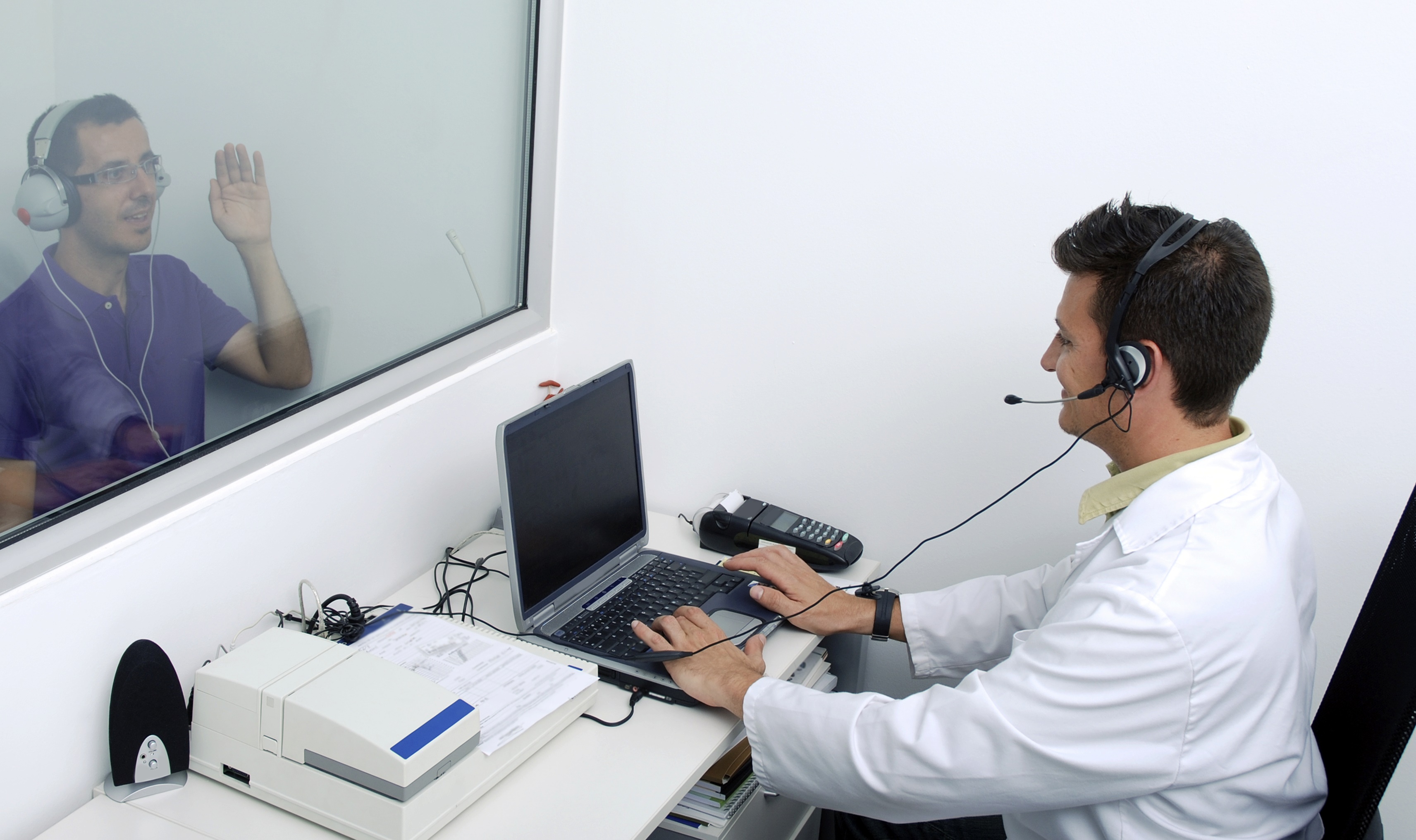
Congratulations on taking the preliminary step toward healthier hearing by scheduling your hearing assessment. You’re already ahead of the game, as many people delay getting a hearing test for years—in some instances decades.
But now that you’ve arranged your hearing test, you’ll want to be certain that you’re well prepared for the visit, especially if test results show that you might benefit from hearing aids. Purchasing hearing aids can be complex, but if you ask the right questions, your hearing care professional can help point you to the most appropriate technology.
To attain the best hearing possible, remember to ask these five questions at your upcoming hearing test.
1. What type of hearing loss do I have?
Your hearing care professional will test your hearing using the most current technology, and the results of the test will be printed on a diagram referred to as an audiogram. See to it that your hearing professional reviews the audiogram with you and explains:
- The type and degree of your hearing loss. High-frequency hearing loss is most common, and is classified as mild, moderate, severe, or profound.
- How hearing aids can help, and if and why you’d need hearing aids for one or both ears. Hearing loss in both ears is most effectively managed with two hearing aids, and the audiogram will display the results for both ears.
2. Which hearing aid is most appropriate for my needs?
Every patient’s hearing loss and hearing needs are unique. The more your hearing professional understands about your lifestyle, the better they can prescribe the appropriate technology.
If you’re very active, for instance, you may look into the most up-to-date hearing aid technology with wireless functionality. If you don’t need all of the special features, on the other hand, a more affordable alternative is likely a better fit.
3. What are my financing options?
Next is everyone’s least popular subject—price. Although you should keep in mind that the benefits of hearing aids far exceed the cost (the monthly cost in most instances being less than the cable TV bill), the price can still seem high.
A number of financing opportunities are available that can help cover the cost, although not all options are available to each individual. Still, you should check with your hearing professional regarding some of these options:
- private insurance (uncommon but worth asking about)
- Medicare and Medicaid
- Veterans Administration benefits
- charitable organizations
- state programs
- financing options (special healthcare credit arrangements)
4. How can I best adapt to my new hearing aids?
After you’ve chosen your ideal hearing aids and have had them professionally fit, you can return home and immediately hear perfectly without any issues, right?
Not exactly. Just like anything new, you’ll need to have some time to adapt. You’ll be hearing sounds you haven’t noticed for some time, your voice may sound different, and the fit may feel strange. This is perfectly normal and expected, and will take care of itself in a short amount of time. You just have to be patient.
Ensure that your hearing professional offers guidelines on how to best adapt to your hearing aids, including how to operate them and how to master the features.
5. How do I maintain my hearing aids?
Hearing aids are leading-edge and dependable devices that should operate reliably for many years. Even so, they do require consistent cleaning and care. Ask your hearing professional about cleaning kits and procedures, storage solutions, accessories, and battery management.
Additionally, it’s a wise decision to have your hearing practitioner professionally clean your hearing aids one or two times a year.
As you prepare for your hearing test, keep in mind that obtaining the best outcome requires:
- understanding your hearing loss
- coordinating your hearing loss and lifestyle to the right technology
- selecting an affordable solution based on your budget
- professionally fitting and programming your new hearing aids
- adapting to and taking care of your hearing aids
With the help of your community hearing care professional—and by asking the right questions—you can assure the best outcome and a life of healthier hearing.
